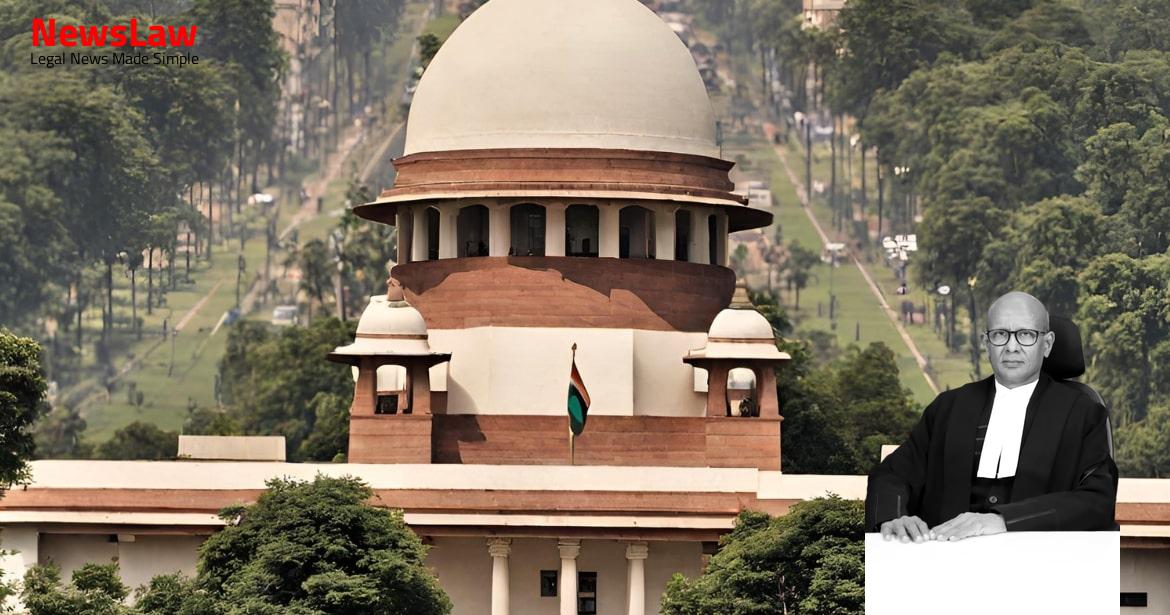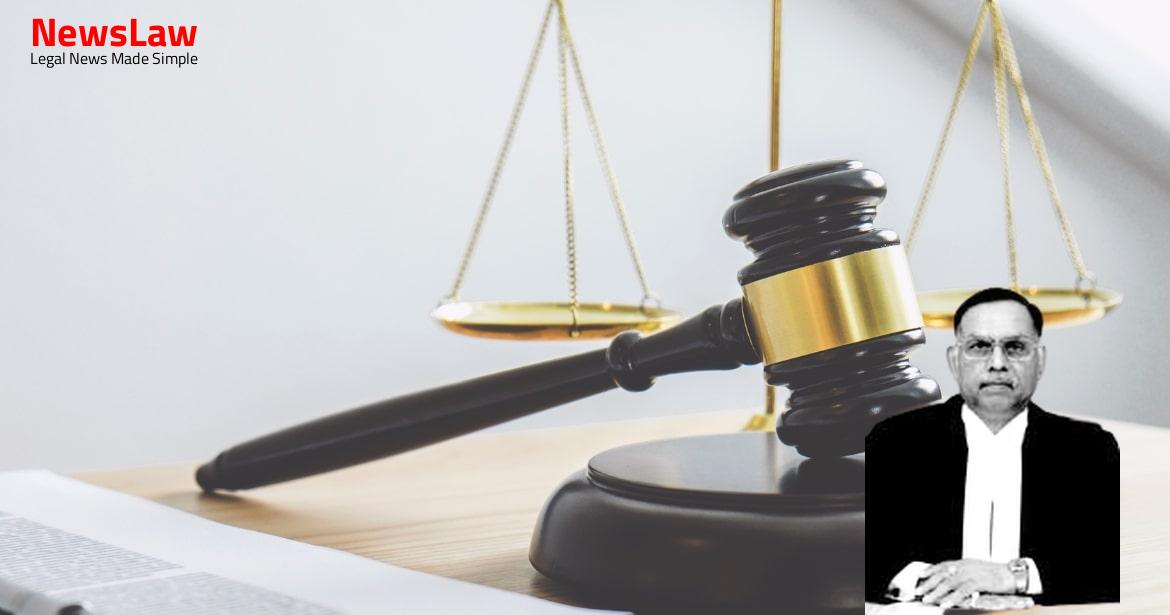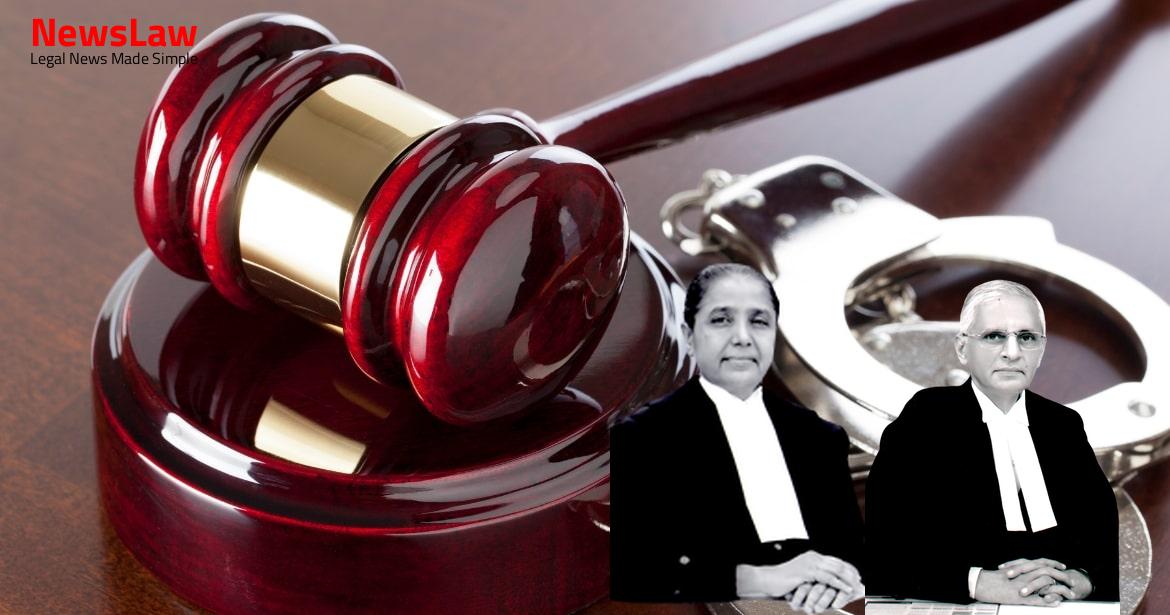This appeal is directed against the common judgment and order dated 28.06.2019, passed by the High Court of Kerala at Ernakulam insofar as relating to RFA No 247 of 2014, whereby the appeal filed by the plaintiff (respondent
Also Read: https://newslaw.in/case-type/civil/courts-analysis-on-bona-fide-requirement-in-eviction-petitions/
No 1 herein) against dismissal of her suit for cancellation of a sale deed and for prohibitory injunction was disposed of with directions to the Trial Court to decide the suit afresh after de novo trial, essentially with the observations that the evidence necessary for proper determination of the suit had not been brought on record. meters of land and the cinema theatre building thereupon, comprised in Block No 5, Resurvey No 551/3 of Adinadu Village, Kulashekharapuram Panchayat, Karunagapally Taluk, Kollam District, was originally owned by father of the respondents; and after his demise, the respondents and their mother executed a partition deed bearing No 291 of 2003, whereby the suit schedule property was kept in joint possession and enjoyment of the respondents. 3 and 5 asked her to reach the Office of the Sub Registrar, Karunagapally for execution of a security bond in favour of a film distributor; and though she made a request for postponing the execution of such document because her husband was out of station, the husbands of respondent Nos.
After framing of issues, the parties adduced documentary and oral evidence where, on behalf of the plaintiff-respondent No 1, her husband was examined as PW-1 whereas a relative of her husband was examined as PW-2; and on the other hand, in defendants’ evidence, the present 4 appellant was examined as DW-1 whereas the husband of respondent No 4 was examined as DW-2. The Trial Court also found that no steps were taken by the plaintiff-respondent No 1 to examine the Sub Registrar who had registered the sale deed whereupon she had put her signatures on being allegedly made to believe it to be a security document; and she failed to discharge the burden of proof in terms of Section 103 of the Indian Evidence Act, 1872. A1 sale deed wherein plaintiff has put her signature being it as a security document for getting new films as made believe on the par to D3 and D5, though burden of proof is upon her as per Section 103 of Indian Evidence Act. For what has been noticed hereinabove, the net result had been that while the two civil suits filed by the plaintiff-respondent No 1 for cancellation of sale deed and for prohibitory injunction were dismissed, the other two civil suits filed by her sisters seeking partition of respective properties were decreed. Therefore, dilation on all the factual aspects of the four civil suits and respective findings of the High Court may not be of direct relevance for the present purpose but, for the fact that they relate to cognate matters and the appeals have been decided by the common judgment, for a comprehension of the views of the High Court, it would be profitable to take a brief note of the findings in the impugned judgment. After dealing with the relevant clauses of the partnership deed as also the other two sale deeds dated 10.11.2004 and 17.01.2004, executed jointly by five sisters, the High Court ultimately held that the properties obtained by these five sisters under the partition deed continued to be held as co-ownership properties even after execution of the partnership deed dated 28.01.2003.
Reverting to the two civil suits filed by the respondent No 1, the High Court, in the first place, referred to OS No 238 of 2012, wherein the plaintiff-respondent No 1 had claimed injunction prohibitory against the defendants. The first two grounds aforesaid were rejected by the High Court with reference to the fact that the property in question was a co-ownership property and not a partnership asset; and what was purported to be conveyed under the sale deed in question (Ex.
Moving on to the third ground pertaining to non est factum, the High Court observed that on the evidence available on record, there were certain circumstances leaning in favour of the plaintiff and there were other circumstances leaning in favour of genuineness of the sale. The defendants set up a case that the proposed purchaser Sirajudheen sought for time for completing the sale and that the husband of the plaintiff was not agreeable and it was under such circumstances that Ext. According to the plaintiff, no consideration has passed since no sale deed was under contemplation. According to the plaintiff, the execution and registration of Ext. Though under Section 120 of the Indian 10 Evidence Act, the husband may be a competent witness to depose on behalf of wife, in the nature of the allegations as made, the plaintiff was a vital witness and her non-examination looms large.
For these observations, the High Court considered it appropriate that the parties be given an opportunity to adduce further evidence and the matter be considered afresh. Parties to appear before the trial court on 24.07.201 9.”
Also Read: https://newslaw.in/case-type/criminal/analysis-of-evidence-and-courts-ruling/
Assailing the aforesaid judgment and order dated 28.06.2019, learned counsel for the appellant has strenuously argued that want of production of sufficient evidence had been a failure on the part of plaintiff- respondent No 1 to prove her case but this failure on her part cannot be a ground to put the matter into another round of proceedings in the Trial 11 Court. Learned counsel has also submitted that none of the elements of proviso (1) to Section 92 of the Evidence Act having been established, the Trial Court, after appreciation of evidence, took a reasonable view of the matter while finding that the circumstances were probabilising the case of the defendant-appellant. Learned counsel has referred to the provisions contained in Rules 23, 23-A, 24, 27(1)(b) and 33 of Order XLI of the Code of Civil Procedure, 1908 to submit that the High Court has rightly remanded the matter after coming to the conclusion that the evidence on record was insufficient to arrive at a proper finding in favour of or against the sale deed. Learned counsel has reiterated the stand of the 13 plaintiff that she was made to sign on the sale deed as if it were a security document and therefore, the sale deed, suffering from misrepresentation by the defendants as also want of consideration, deserves to be set aside. – Where the Court from whose decree an appeal is preferred has disposed of the suit upon a preliminary point and the decree is reversed in appeal, the Appellate Court may, if it thinks fit, by order remand the case, and 14 may further direct what issue or issues shall be tried in the case so remanded, and shall send a copy of its judgment and order to the Court from whose decree the appeal is preferred, which directions to re-admit the suit under its original number in the register of civil suits, and proceed to determine the suit; and the evidence (if any) recorded during the original trial shall, subject to all just exceptions, be evidence during the trial after remand. – Where the evidence upon the record is sufficient to enable the Appellate Court to pronounce judgment, the Appellate Court may, after resettling the issues, if necessary, finally determine the suit, notwithstanding that the judgment of the Court from whose decree the appeal is preferred has proceeded wholly upon some ground other than that on which the Appellate Court proceeds.
(2) Wherever additional evidence is allowed to be produced by an Appellate Court, the Court shall record the reason for its admission. While explaining the scope of Rules 23 and 23-A of Order XLI CPC, in the case of Municipal Corporation, Hyderabad (supra), this Court has observed as under: – “ 32.
The scope of remand in terms of Order 41 Rule 23 is extremely limited. No case has been made out for invoking the jurisdiction of the Court under Order 41 Rule 23 of the Code. Even, one of the circumstances in which the production of additional evidence under Order 41 Rule 27 CPC by the appellate court is to be considered is, whether or not the appellate court requires the additional evidence so as to enable it to pronounce judgment or for any other substantial cause of like nature. Subburaj Chettiar [(2015)
17
Also Read: https://newslaw.in/case-type/civil/validity-of-tamil-nadu-land-acquisition-acts/
SCC 713], the admissibility of additional evidence does not depend upon the relevancy to the issue on hand, or on the fact, whether the applicant had an opportunity for adducing such evidence at an earlier stage or not, but it depends upon whether or not the appellate court requires the evidence sought to be adduced to enable it to pronounce judgment or for any other substantial cause. One of the striking features of the impugned judgment dated 28.06.2019 is that even while dealing with a regular first appeal against the judgment and decree of the Trial Court, the High Court has not even adverted to the findings of the Trial Court pertaining to the present case and has not specified as to how the findings recorded by the Trial Court were unsustainable or unjustified. As indicated hereinabove, the High Court has not at all referred to the findings of the Trial Court and it is difficult to find from the judgment impugned as to why at all those findings 18 of the Trial Court were not to be sustained or the decree was required to be reversed. The remand in the present case could only be correlated with Rule 23-A of Order XLI CPC and for its applicability, the necessary requirements are that “ the decree is reversed in appeal and a re-trial is considered necessary ”. Whether those findings are sustainable or not is a matter entirely different and the High Court may examine the same but merely because the High Court could not reach to a conclusion on preponderance of probabilities, the evidence on record could not have been treated as insufficient so as to not pronounce the judgment in terms of Rule 24 of Order XLI CPC. For what has been discussed hereinabove, suffice it would be to sum up that for a few tentative observations about certain circumstances existing in favour of the plaintiff and certain other circumstances existing in favour of the defendants and then, with another observation that plaintiff was a vital witness, the High Court was not justified in remanding the matter for trial de novo without recording any finding if the plaintiff was prevented from examining herself or from adducing any other evidence as also without explaining as to on what ground the decree was being reversed.
Case Title: SIRAJUDHEEN Vs. ZEENATH (2023 INSC 173)
Case Number: C.A. No.-001491-001491 / 2023



